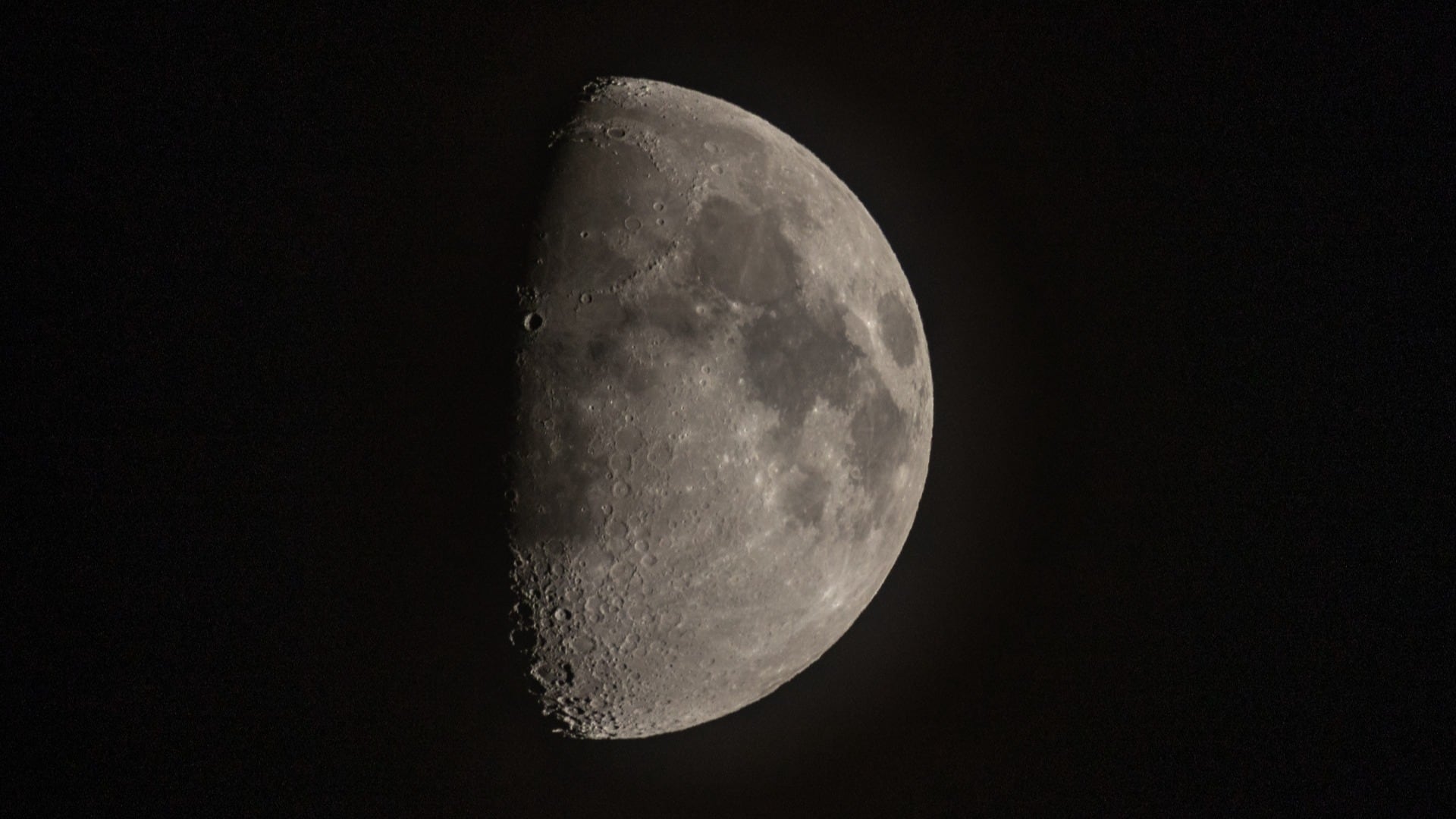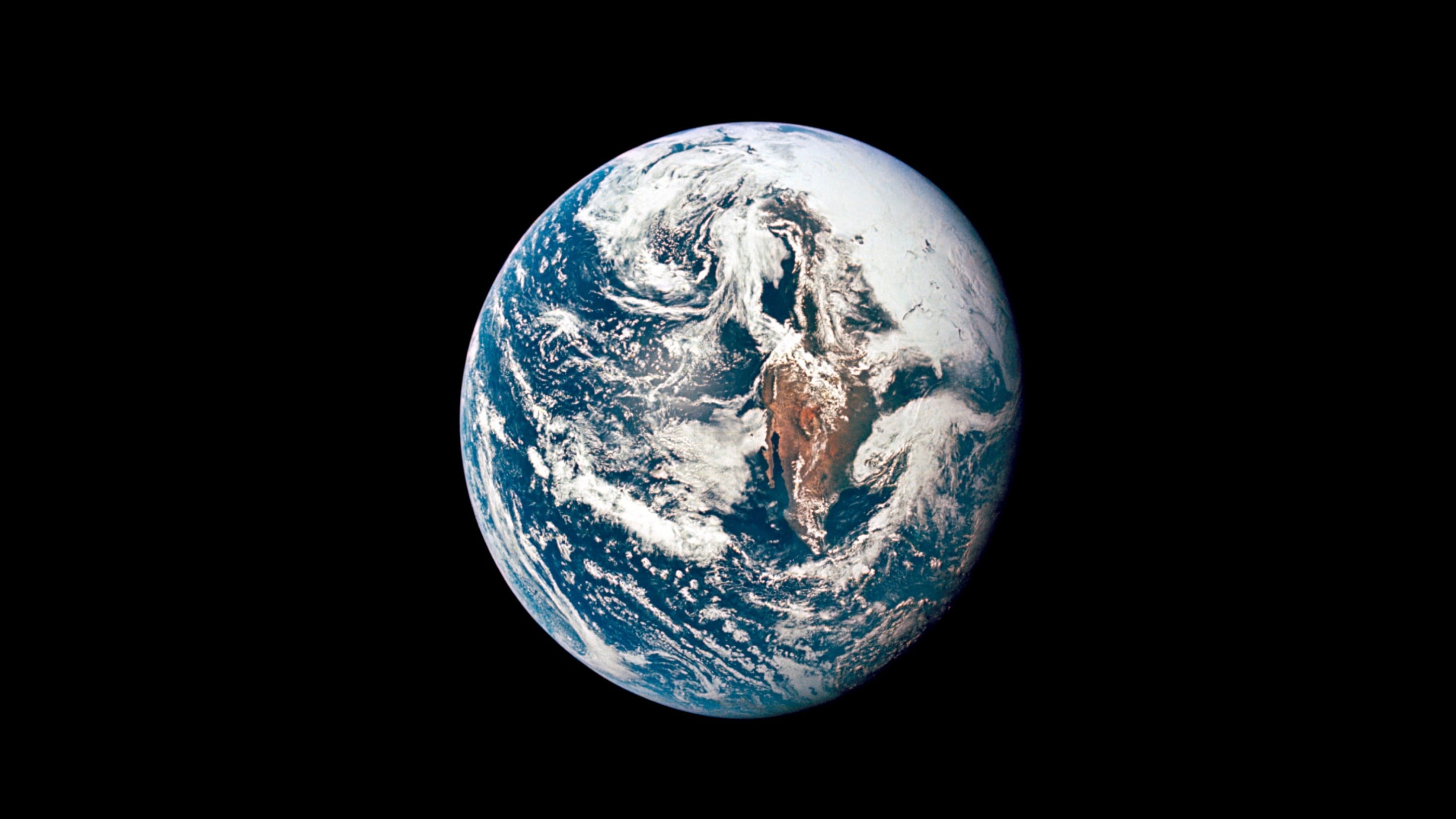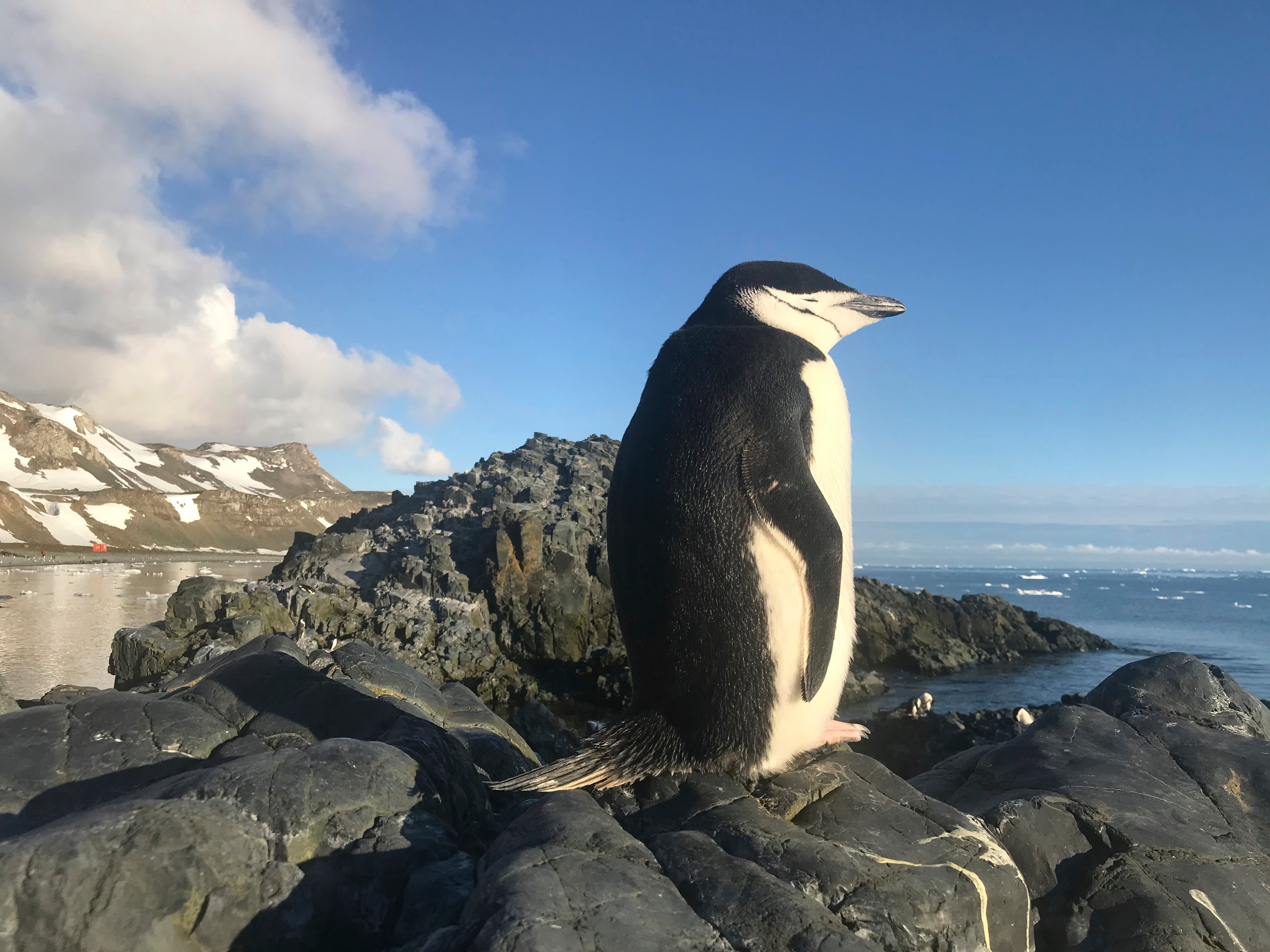While time is an Earthly concept, scientists are signaling it might be time to establish a time zone for the moon.
The idea first gained steam between global space organizations last year and has remained a relevant topic as multiple nations gear up for their own lunar missions. Currently, telling time on the moon is based on the country conducting the mission.
"During this meeting at ESTEC, we agreed on the importance and urgency of defining a common lunar reference time, which is internationally accepted and towards which all lunar systems and users may refer to. A joint international effort is now being launched towards achieving this," said Pietro Giordano, European Space Agency navigation system engineer.
Clocks run faster on the moon due to its weaker gravitational pull compared to Earth, with timepieces getting 56 milliseconds faster per day, according to the ESA.
The groups behind the push to establish this universal timekeeping standard are also debating which agency should set and maintain the moon clock once it launches.
Meanwhile, NASA's first manned mission to the moon in over 50 years is expected to land on the lunar surface in 2025.
Eli Lilly launched Zepbound, the latest product to join the exploding market for weight loss medications.
A new storage drive is using DNA to store data for 100 and 50 years.
Rescuers searching the hazardous slopes of Indonesia’s Mount Marapi volcano found more bodies among the climbers caught by a surprise eruption two days ago, raising the number of confirmed and presumed dead to 23.
Flu is picking up steam while RSV lung infections that can hit kids and older people hard may be peaking, U.S. health officials said.
The maker of Ozempic is suing two pharmacies in Florida for allegedly selling impure versions of the popular weight loss and diabetes management drugs.
U.S. officials are urging consumers not to eat cantaloupe products including fruit cups due to a salmonella outbreak.
The 2023 United Nations Climate Change Conference known as COP28 kicked off in Dubai and major progress is already being made.
A 360-degree camera was sent into outer space and it collected some remarkable images of Earth.
A new study published in the journal Science observed chin strap penguins in Antarctica and found that they take thousands of small naps a day each lasting only about four seconds.
A new report reveals that Gen Z and millennial women face many serious issues when it comes to their health.













